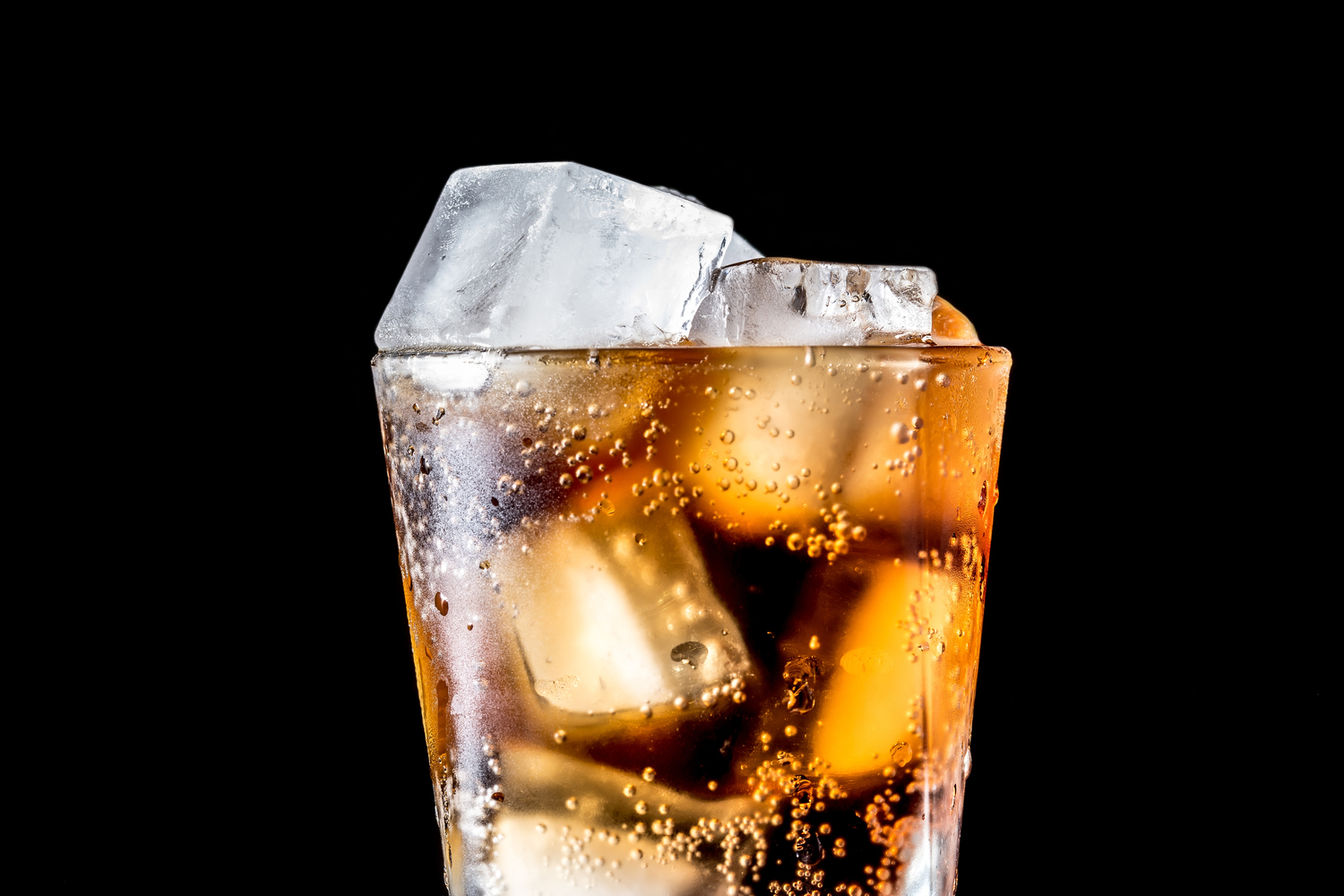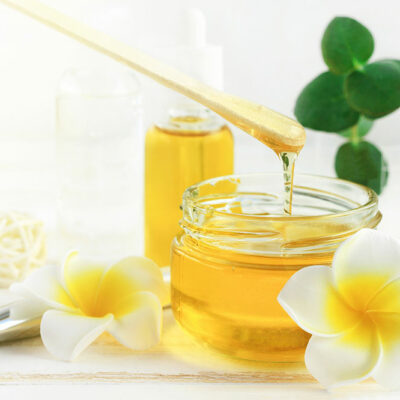
Foods to Avoid with IBS
Irritable bowel syndrome (or IBS) plagues more than three million people every year in the United States. Patients are commonly over fifty, and women are more likely to experience it than men. There is no cure for the disease, but it can be managed with some medications and proper self-care such as exercise, avoiding stress, getting enough sleep, and changing your diet.
The symptoms of IBS include abdominal pain, bloating, diarrhea, cramps, and gas. Although no specific cause is known, there are many commonalities in changes in the gut microflora and inflammation in the intestines. Certain foods are believed to trigger IBS. Avoiding these foods does help alleviate symptoms of IBS:
1. Processed snacks and sweets
These may cause many health-related problems, and IBS is certainly one of them. The high levels of sugar and fat in most processed foods and sweets often trigger diarrhea, bloating, and abdominal pain. Processed foods and sweets usually have additives and starches that do not break down, making patients with IBS more likely to have increased symptoms. Most foods that are pre-packaged and ready to eat foods contain additives, starches, and sugars.
2. Coffee
Coffee and caffeine often trigger symptoms in IBS patients. Coffee and other caffeinated drinks stimulate the intestines, and diarrhea and gas are often the results. Making matters worse, many people tend to drink several cups of it per day to give them bursts of energy. It contains a chemical that increases your gut motility called chlorogenic acid, which aggravates the IBS symptoms. The caffeine found in it is between 95-165 mg. Black tea has only 25-48 mg in it. At the same time, decaffeinated has a mere 2-5 mg. The higher the caffeine level, the more symptoms worsen for most people.
3. Carbonated drinks
Pop and beverages that are high in fructose, often quickly take the pleasure of drinking the sugar content as the uncomfortable symptoms bring on the pain from bloating, diarrhea, and cramping. The fizzy bubbles you see when drinking a soda or other carbonated drinks are believed to cause a similar effect in the digestive tract helping to increase IBS symptoms. Most of these drinks contain caffeine which, as discussed earlier, is also problematic for most people with IBS.
4. Alcohol
Alcohol is a widespread trigger for IBS patients. This is possible because alcohol often causes people to get dehydrated. Dehydration can affect digestion. If digestion takes longer, then symptoms of IBS can worsen. Gluten contained in beer increases the risk of symptoms of IBS. Most people with IBS should avoid gluten to keep symptoms down. Wines and mixed drinks contain high amounts of sugar, making IBS symptoms worse, as previously discussed above.
5. Dairy
Dairy products are very high in fat, and that often leads to diarrhea. Milk has reportedly been a trigger for many patients with IBS. But other dairy products can be a problem for IBS patients like cheese, yogurt, and ice cream. Another problem with these foods may be due to the large amounts of disaccharides found in them, which is a type of sugar.
Avoiding these five foods can lessen the severity of the pain associated with IBS symptoms, making living with it much more pleasant.


